The land of my ancestors, Nigeria. The country where I was born. Nigeria is a beautiful country blessed with abundant human and natural resources. With a population of over 200 million, there are many opportunities for international trade in particular.
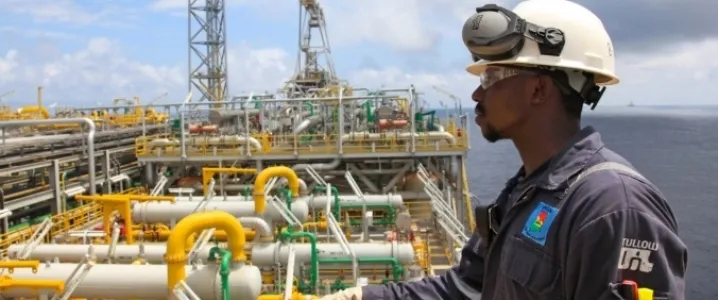
Nigeria is rich in natural resources, is Africa's largest oil producer and exporter, and boasts the 11th largest in the world. Given the resources available to her, it is no surprise Nigeria has the largest economy in Africa.
In a perfect world, Nigeria would have been one of the most powerful countries on the planet and a popular investment destination. Unfortunately, this is not the case.
It's been 61 years since we became independent, but there is still a long way to go to maximize its potential.
When Nigeria became independent in 1960, the world was looking at the most populous black nation for all good reasons.
At that time, Nigeria boasted excellent intellectual and educational aspirations, economics, international diplomacy, and military and political leadership.
When Congo was in confusion, UN peacekeepers relied on Nigeria's leadership and military support. Other countries did so when they needed help. They turned to Nigeria.
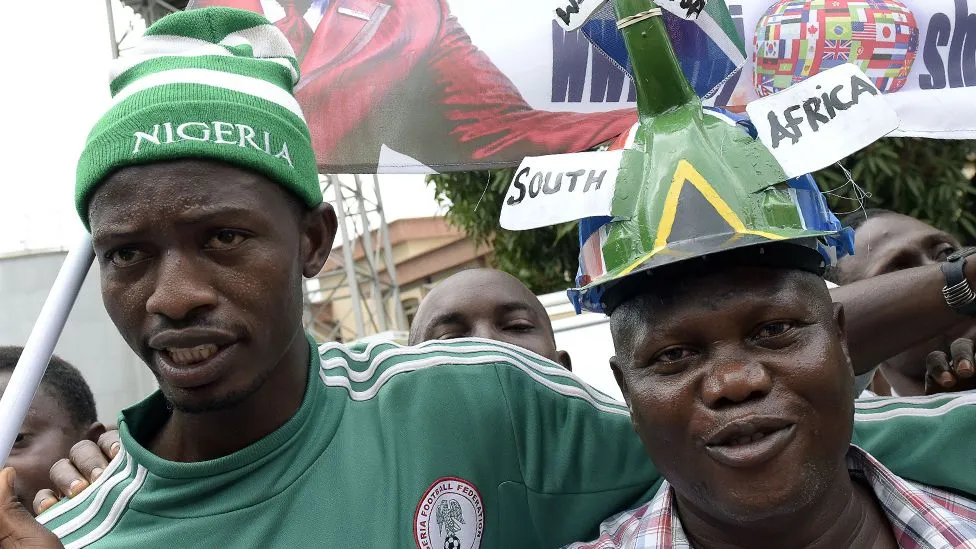
Nigeria led the anti-apartheid struggle in South African countries such as South Africa, Northern Rhodesia (Zambia), and Southern Rhodesia (Zimbabwe).
As a West African country, Nigeria has supported and funded liberation movements in Namibia, Angola, and Mozambique, among others in times past.
The African Union (AU) and the Economic Community of West African States (ECOWAS) have for most of the time considered Nigeria as their lifeline.
In simple terms, Nigeria was GREAT.
While this might seem like an impressive outlook, Nigeria's affairs aren't in order on the inside. The country faces several problems.😔
Although home to over 250 different ethnic groups, my country`s progress has been stumped by incompetent leaders and somewhat 😒uncommitted citizens.
With all the resources at our disposal, Nigeria is still plagued by high unemployment rates, poor infrastructures, and an ever-looming threat of dissolution or separation.
Another major issue is insecurity, which has become an ever-growing problem over the past decade.
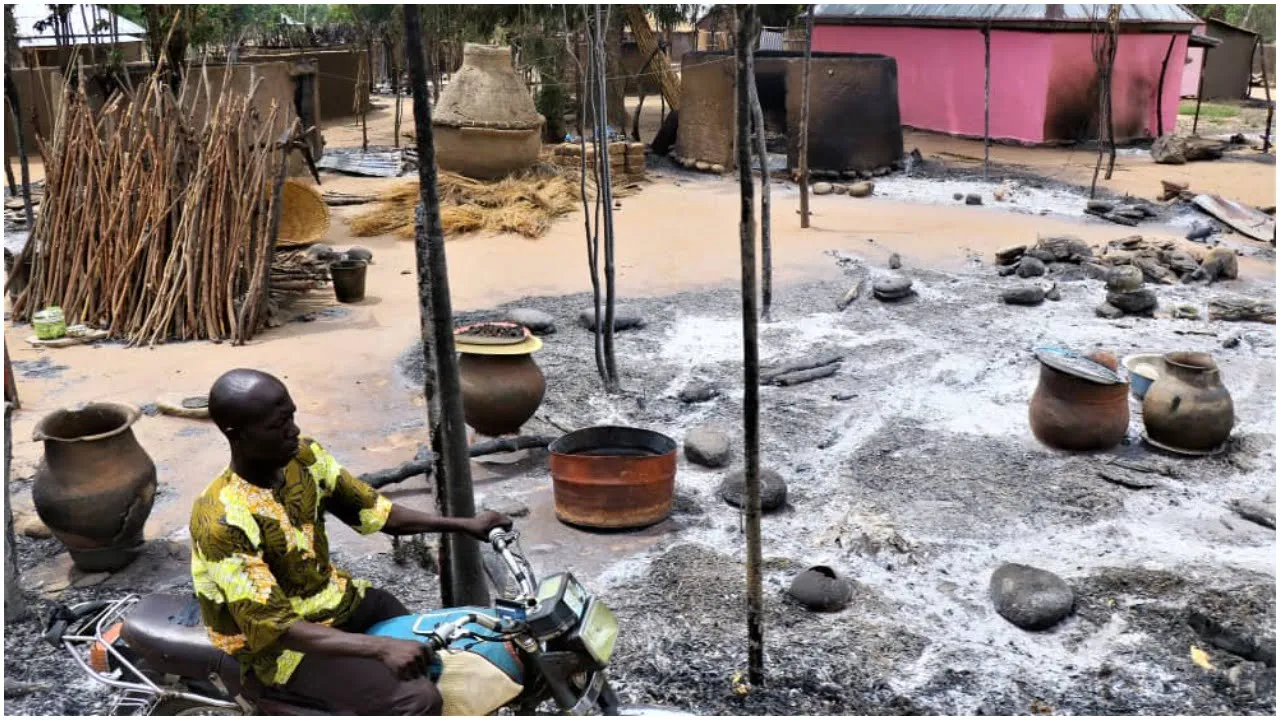
Nigeria is presently batting insecurity on many fronts, but the rapid deterioration in the security situations threatens to tear apart the country. Recent studies on the effects of the uprising in the northeastern part of the
country show that it has affected the stability, development, and sovereignty of Nigeria.
The Armed Forces have been inadequately equipped and overworked, and have struggled to fight the terrorist organizations of Boko Haram and the bandits and defend the national borders.
The case is similar to the Nigerian police😅. Poor equipment and training make them look like pawns in the fight against criminals.😁
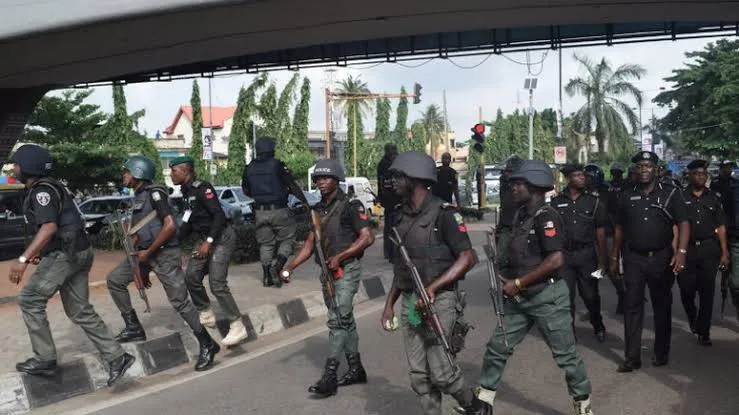
@martinlazizi wrote a beautiful piece here about the security situation in the country. And also he wrote on something I also see as the solution to the country's internal security problems. Check it out.
But honestly, I have to wonder if there is a way to stop and reverse the downward spiral in Nigeria. Most Nigerians ponder on this too. We are hopeful though.
Some yellow commercial buses, synonymous with the bustling city of Lagos, are engraved with the words "no permanent condition", "one-day e go better", "no food for lazy man". Words of hope and strength in adversity.
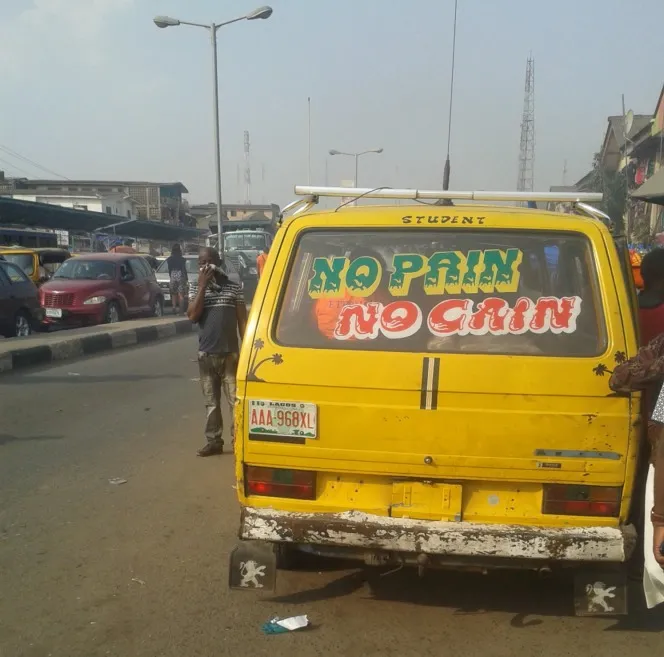
This is evidence of Nigerian resilience. That's one of the few reasons I believe change is possible. (Not the promised change of the present administration o🤣)
From slums to the general public, the courage and hope of Nigerians are commendable. People hold on to hope for themselves and their children.
RAY OF LIGHT
Despite the problems of the past, Nigeria is taking a new step in terms of success, so there are signs of a bright future.
Sometime last year, the Federal Government approved a $ 5.8 billion hydropower project with an output of 3,050 MW.
It's going to be the largest project ever done in the electricity sector, working in collaboration with China, and the project is expected to be completed by 2027.
The goal is to provide stable electricity to at least half of the country, which has been a dream in the past. One of Nigeria's major problems.
Agriculture is another area of growth. The government has been encouraging grain cultivation (rice, corn majorly) to reduce the country's overall dependence on oil.
This creates desperately the needed diversity in the economy which is an essential requirement for growth. There has been an initiative for farmers to get funds and support for their farming. The Bank of Agriculture, the Anchor's Borrowers Program are a few of these programs.
This initiative is a multi-billion dollar agricultural development program that helps smallholders increase their capacity.
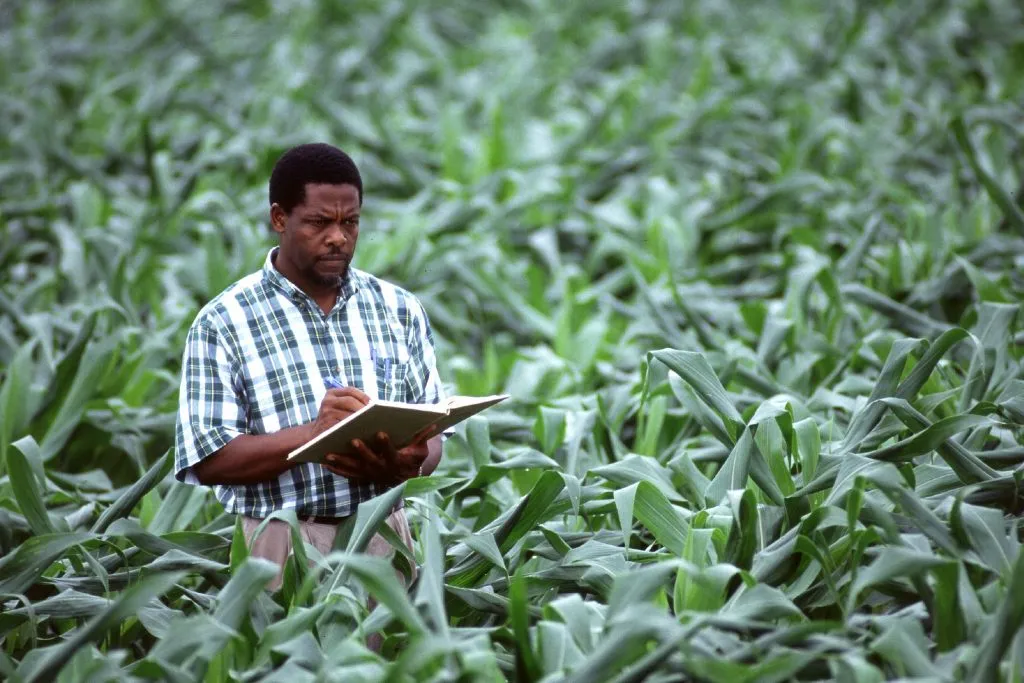
The functioning of Nigeria's highways is deteriorating year by year, and new attempts are being made to mitigate them.
This is embodied by investment in rail transport that has not been properly used in the country for a long time.
A 186km long railway line connecting the Federal Capital Abuja and the important northern city of Kaduna was built for $ 1.1 billion.
Meanwhile, the $ 1.5 billion train project which connects Lagos, the country's commercial capital, to Ibadan, 150 kilometers away has started operation partially.
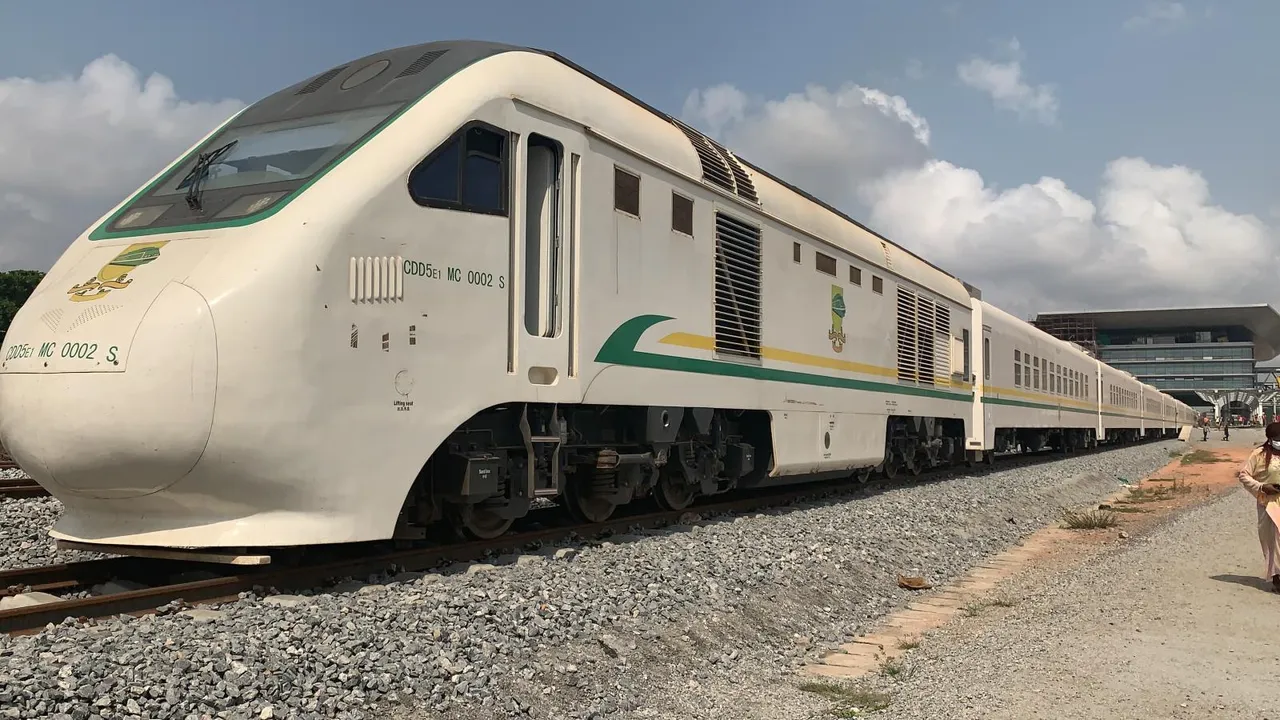
In general, the investment environment in Nigeria has improved significantly.
This is evidenced by the fact that Nigeria rose 24th in 2017 from 169 to 145 in the World Bank's Ease of Business Index.
It is undeniable that there is more work to be done for Nigeria to regain its lost glory.
Nevertheless, Nigeria can be optimistic as it is reported to be among the 10 countries improved by recent reforms.
One of the sectors that have grown significantly over the last decade is the telecommunications industry.
According to the Nigerian Communications Commission, some service providers have more than 150 million active users. This is impressive statistics as it is the largest in Africa.
As with any place with opportunities, both foreign and domestic investors have been cashing in massively on this.
In 2016, Nigeria`s Telecommunications authority revealed that mobile phone subscribers spent a total of $6.6 billion. The previous year, the figure was at $5.6 billion.
This implies steady growth, and even bigger ones, as the industry is expanding even until 2021.
As a developing country, Nigeria has its share of inconsistent political history.
Corruption is a constant barrier to growth, but Nigeria is improving.
I and many Nigerians have hope for the future of our country. With citizens beginning to demand accountability from their leaders, Nigeria's democracy is now relatively stable given the past few decades.
Undoubtedly, our hope for a better future will be rewarded.
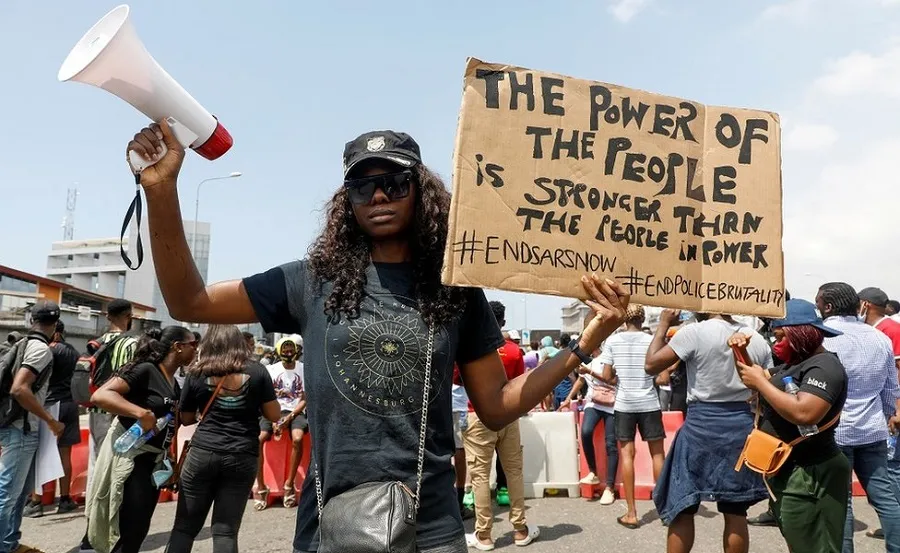
THE NIGERIA OF MY DREAMS WILL EMERGE SOON.

This post is my entry for the #HiveNaija x #DCC Contest.
Really hope I am on time for the submission of this post for the contest. Nevertheless, it was nice writing about Nigeria, a country I love so much.

Pictures Sourced from Shutterstock.
